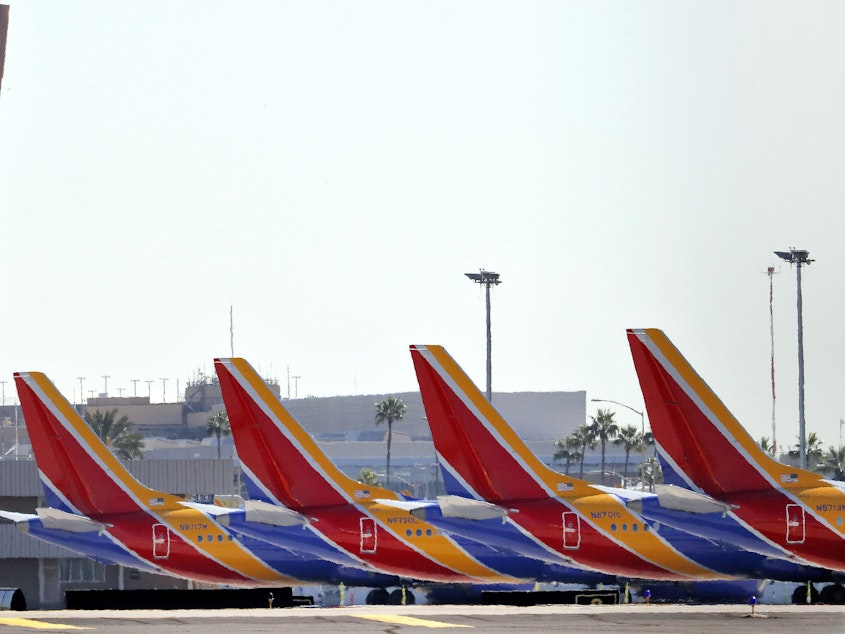Boeing takes $4.9B hit over 737 MAX fiasco

Boeing says it is taking a hit of $4.9 billion in its second financial quarter of 2019 (that's after taxes).
This is the first full quarter since the grounding of the brand new 737 MAX planes ... two of which fell out of the sky, killing all its passengers.
Boeing says it is recording the $4.9 billion hit — or $8.74 per share — after estimating the value of concessions it is making to customers for disruptions related to the grounding.
Airlines around the world have had to reduce their summer service because they’re unable to fly the MAXs they bought from Boeing – or expected to receive from the company by now.
The company said it expects these concessions and considerations will be provided for a number of years – but it is taking the hit now.
This charge alone will result in a $5.6 billion reduction in revenue and earnings in the quarter, Boeing said.
In addition, Boeing said the estimated cost to produce 737s increased by $1.7 billion in the second quarter, which ended on June 30, mostly because of the company’s decision to reduce the jets’ production rate.
Sponsored
This means the 737 will be less profitable now and in the future.
Boeing said for this earnings period it calculated that the 737 MAX would return to service in the fourth quarter of 2019. This may not turn out to be true, and if it takes longer the financial damage to Boeing could grow.
“The MAX grounding presents significant headwinds and the financial impact recognized this quarter reflects the current challenges and helps to address future financial risks," said Boeing CEO Dennis Muilenburg.
The original 737 has been responsible for the lion’s share of Boeing’s profits for decades.
For months there have been concerns about the effect of an extended grounding on the company’s ability to keep production lines running while working on new programs.
Sponsored
It has the 777x and potentially a middle of the market plane, the 797, in development. Few 747 planes are being built or sold. The 787 is doing better after years of costly production and development problems.
“We are taking appropriate steps to manage our liquidity and increase our balance sheet flexibility the best way possible,” said Boeing chief financial officer Greg Smith.
The company releases its full second quarter earnings report on July 24.



